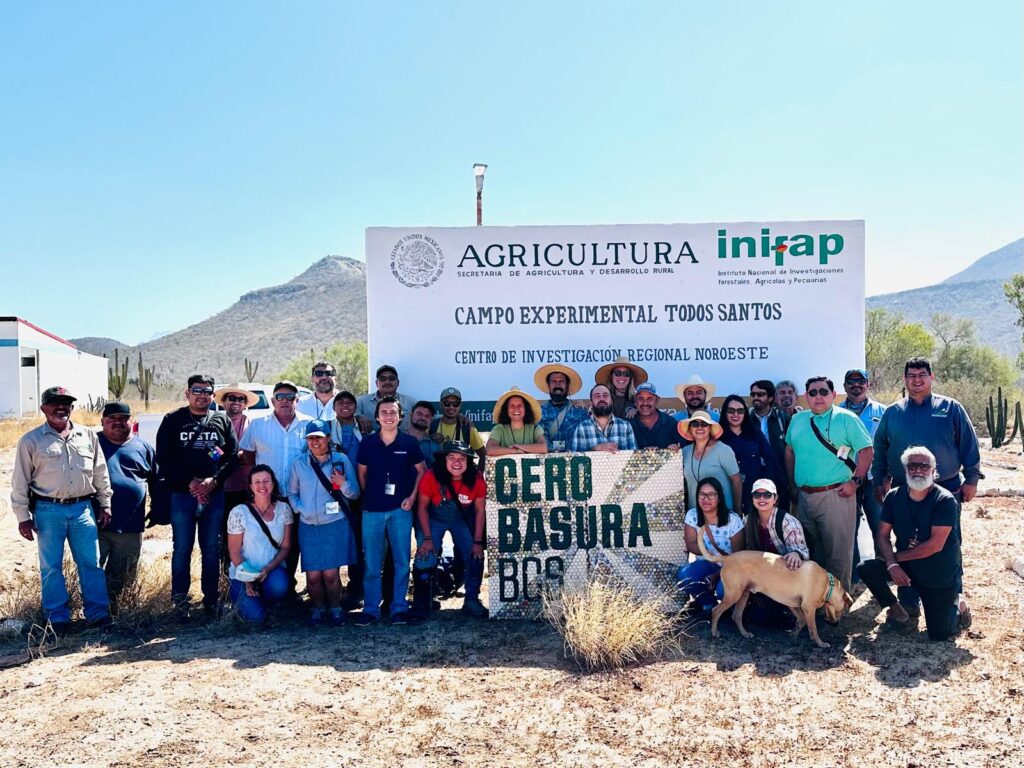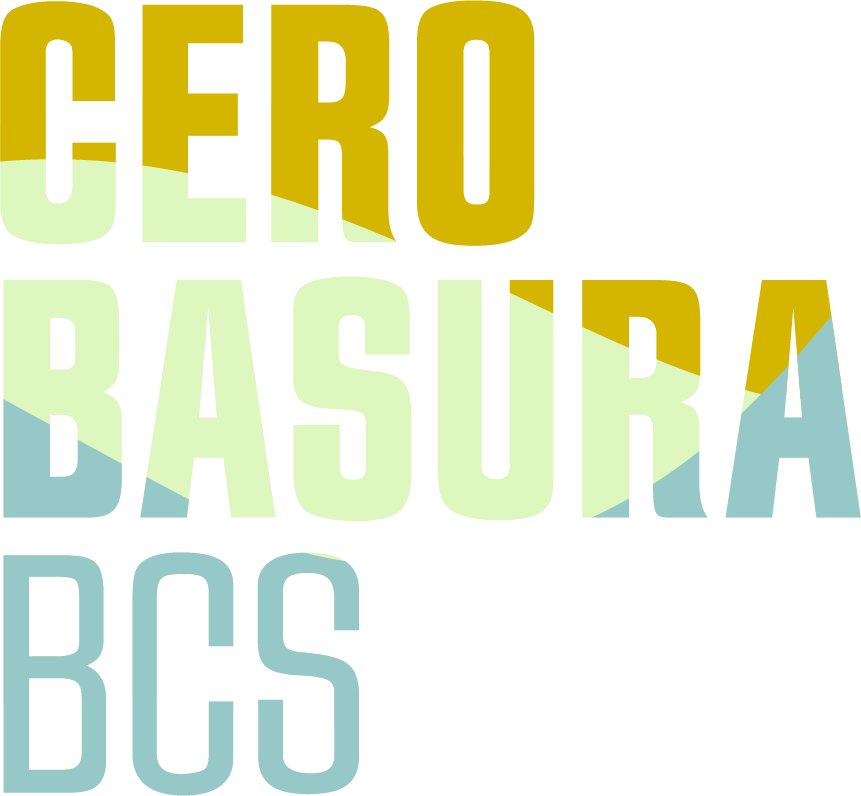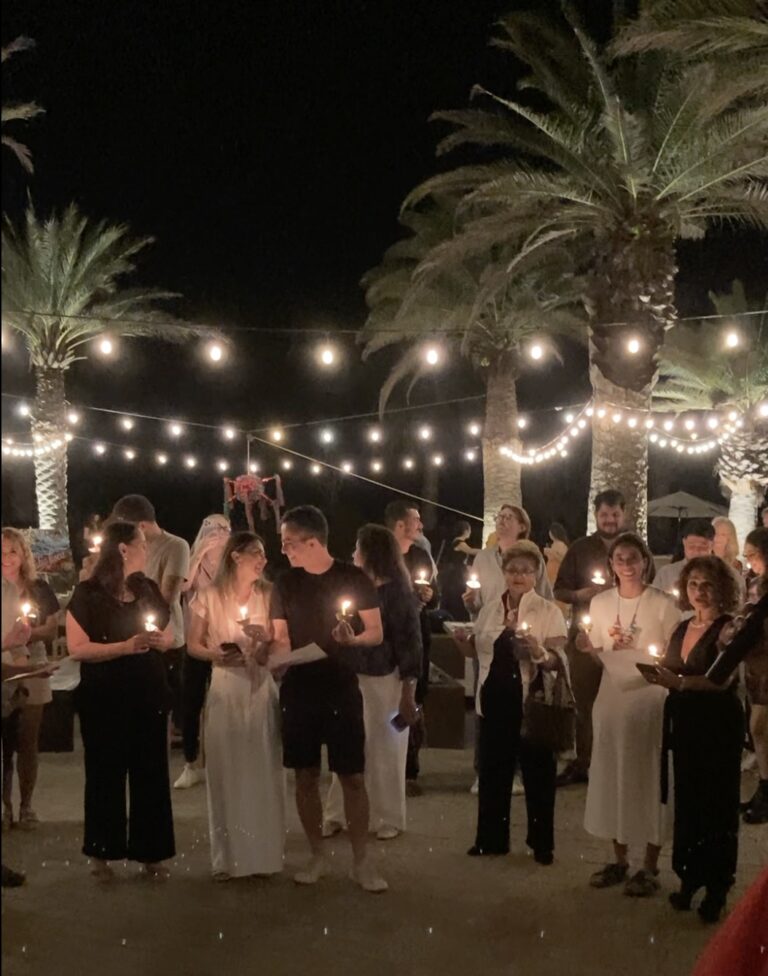“I have a mantra for the farm, measure everything, stay in control and grow little by little, learning from mistakes”
Jaresy Plata, Alianza Cero Basura’s Organic Waste Program Manager
“The farm” is the first Community-Led Organic Waste Farm in Baja California Sur (BCS), a project of Alianza Cero Basura (ACB) in partnership with INIFAP, the National Institute of Forestry, Agriculture and Livestock. Being the first at anything means that some mistakes will be made. To keep those inevitable mistakes to a minimum, Jaresy and INIFAP conducted a workshop on Earth Day with some of the most talented and experienced farmers, food security experts and organic waste program managers in BCS. There is a huge amount of excitement about the farm as so little has been done about organic waste in our state and fully 60% of the waste we produce is organic matter. It is one of the root causes of landfill fires in the area.
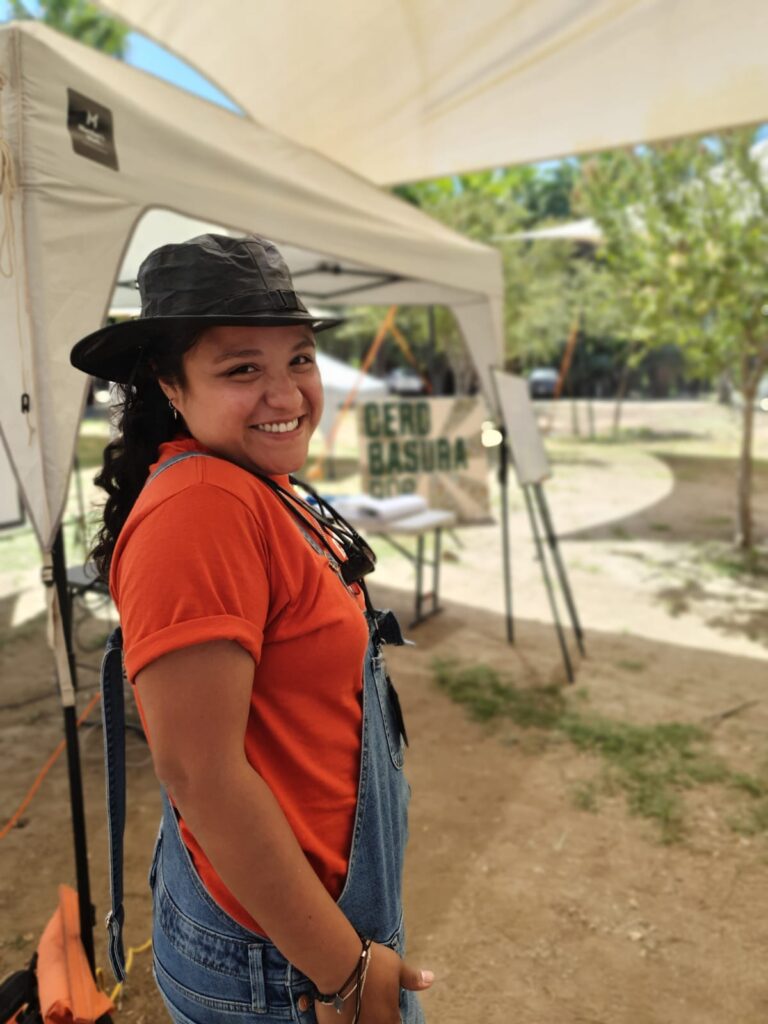
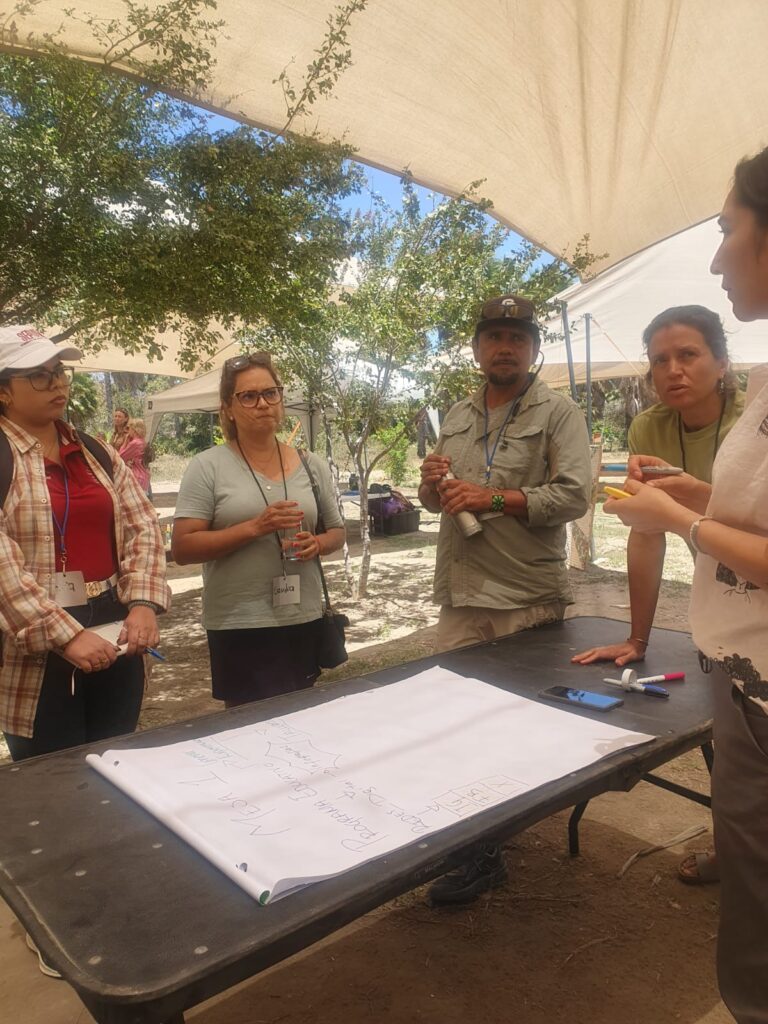
Jaresy started the day by taking the 30 participants on a tour of INIFAP’s Camp Experimental Todos Santos (CETODS) where ground has already been broken for the farm. There she explained her broad vision for the farm and some of the challenges and opportunities she anticipates. The group then moved to Palma Serena, an ACB regenerative farming partner, for the workshop where the experts weighed in on 4 key indicators for the farm: functionality of the compost system, agricultural product application quality, organic waste management logistics, and educational and social impact. It was an extremely successful day.
Jaresy’s broad outline for the farm is as follows:
Year 1: Master organic waste processing and the production of compost. The issues to be addressed in Year 1 include:
- How much and what variety of organic waste can be diverted from the landfill to the farm?
- What is the most effective way to process the organic waste?
- What composting techniques work best in our environment?
Jaresy and the INIFAP team will be experimenting with four main compost methods to answer these questions: Windrow, SIRDO, Worms and Hügelkultur.
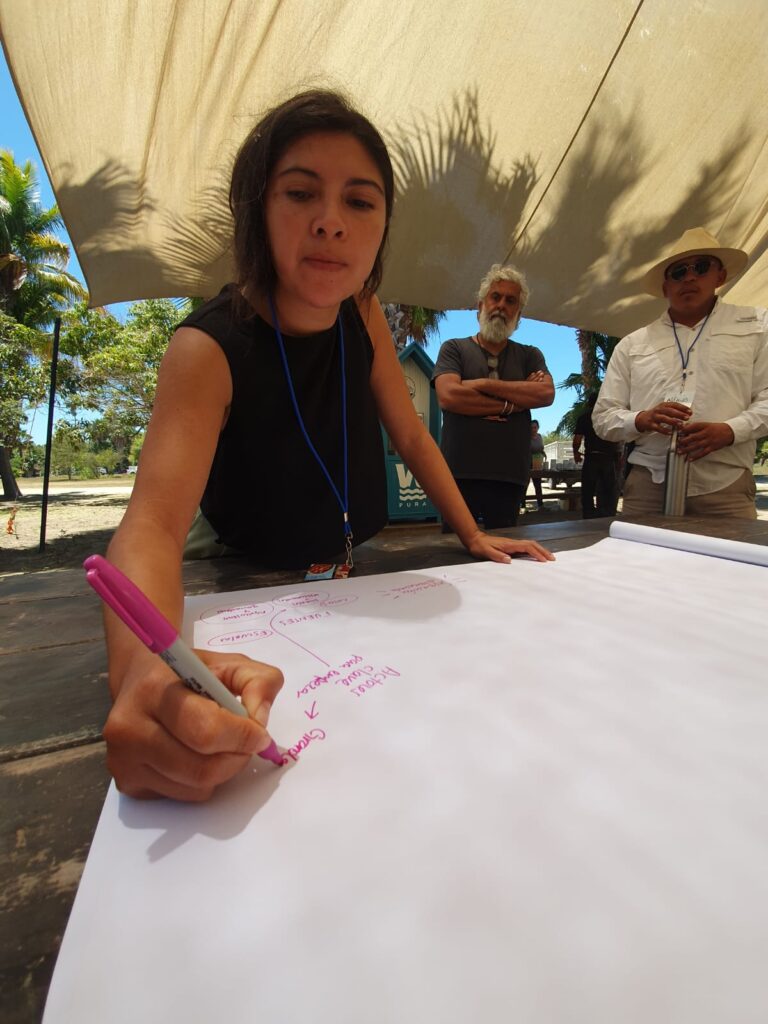
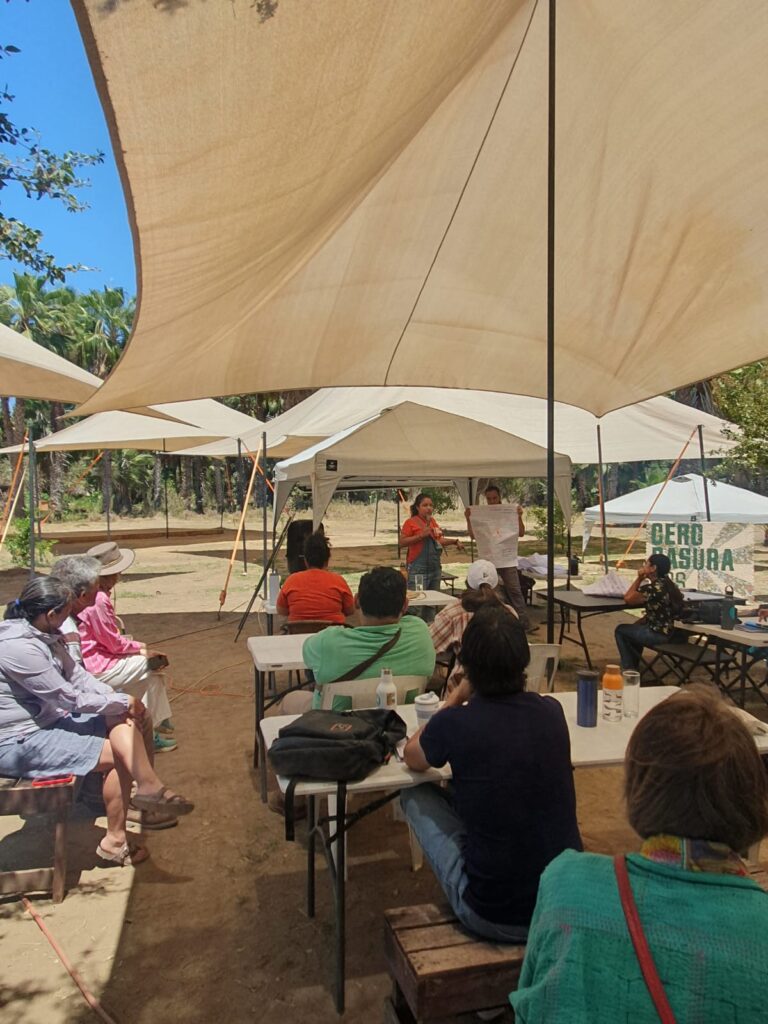
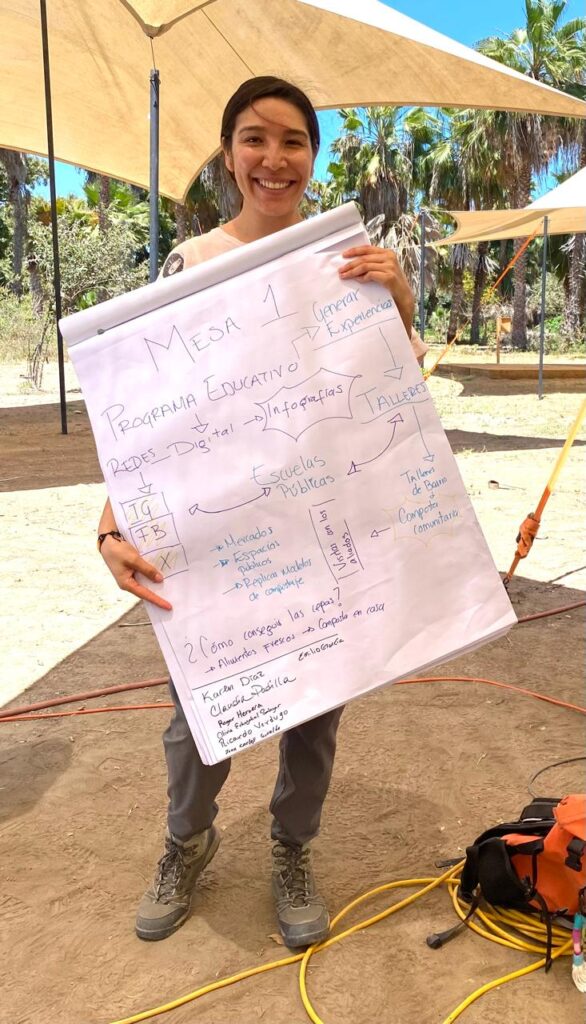
Year 2: Maximize the use of agricultural products in our community and our state. The issues to be addressed in Year 2 include:
- What is the quality and value of the product?
- What associations and alliances can we build to distribute our products?
- What is the commercial potential of the operation?
The Organic Waste Farm will serve as an education and information hub to the community, expanding community-wide systems and growing local composting capabilities. INIFAP researchers will help determine the most effective means for composting and soil repair in the area and will generate the protocols and information necessary for the project to be expanded and replicated across the state. For more information on ACB’s partnership with INIFAP, please see our April 9 news posting here.
